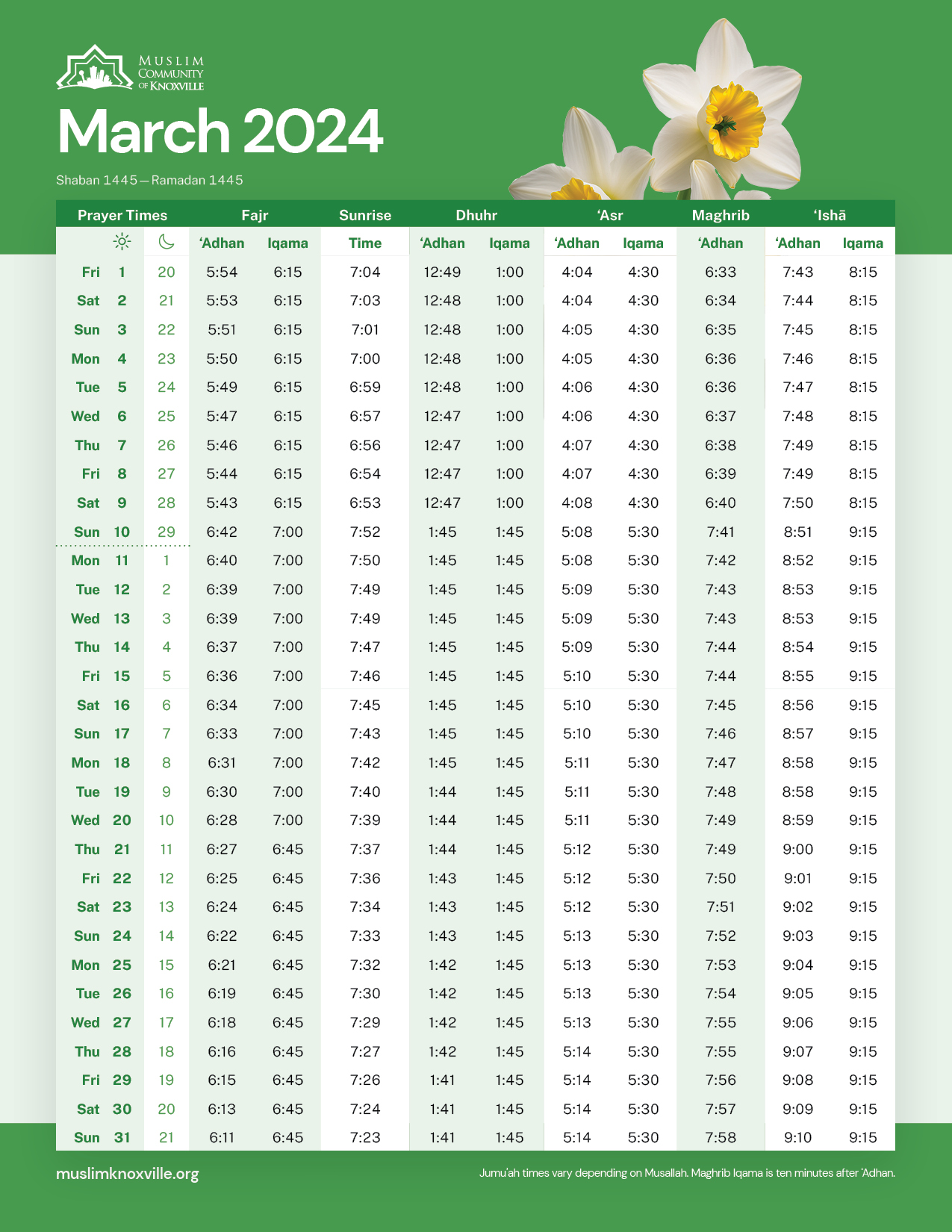
In our fast-paced world, it is easy to become consumed by daily routines and the demands of modern life. Amidst the chaos, prayer times serve as a vital anchor, reminding us to pause, reflect, and reconnect with our spiritual selves. These sacred moments are not merely a ritual; they hold profound significance in aligning our hearts and minds with a greater purpose.
Prayer times create a structured rhythm to our day, inviting us to step back from our activities and seek solace in reflection and devotion. This practice fosters a sense of mindfulness and spirituality that can significantly enhance our well-being. By incorporating these moments into our daily life, we cultivate a deeper connection with our beliefs, ourselves, and those around us, reinforcing the importance of taking time to nurture our souls amidst life’s distractions.
Understanding Prayer Times
Prayer times hold a significant role in the daily lives of many individuals around the world. They are specific moments throughout the day designated for spiritual reflection and communication with a higher power. These times vary depending on geographical location and the season of the year, often calculated using the position of the sun. This practice encourages mindfulness and the setting of priorities, reminding practitioners to pause and connect with their faith amid daily activities.
Each of the five daily prayers in many traditions corresponds with specific times which mark the progression of the day. The first prayer, typically performed at dawn, signifies the beginning of the day and provides an opportunity for individuals to set intentions for the hours ahead. As the day unfolds, subsequent prayers serve as reminders to re-center and refocus, reinforcing the importance of spirituality in everyday life. This structure fosters a routine that can enhance overall well-being and provide comfort during times of stress.
Moreover, prayer times often promote a sense of community and shared experience among individuals who adhere to the same spiritual practices. They create opportunities for gatherings, whether in homes or places of worship, where individuals can come together to support each other’s spiritual journeys. This communal aspect of prayer times enhances social bonds and fosters an environment of mutual respect and understanding, highlighting the role of spirituality not just on a personal level, but also within the broader community.
The Spiritual Benefits of Prayer Times
Prayer times serve as moments of spiritual rejuvenation, providing individuals with an opportunity to pause and reconnect with their faith. Each prayer is a reminder of the presence of a higher power and allows believers to express gratitude, seek guidance, and reflect on their daily lives. This dedicated time fosters a sense of mindfulness and spiritual awareness that can often be overshadowed by the hustle and bustle of everyday activities.
Regularly observing prayer times creates a rhythm in daily life that promotes discipline and consistency in one’s spiritual practice. Gebetsplan Establishing these routines encourages individuals to set aside worldly distractions and focus on introspection and communion with the divine. This not only strengthens the bond with one’s faith but also nurtures a sense of inner peace and clarity of purpose, allowing for better decision-making and emotional well-being.
Moreover, prayer times often serve as a communal experience that reinforces the bonds of community and shared beliefs. Whether performed in solitude or with a congregation, these moments connect individuals to a larger spiritual family, fostering unity and support. The collective practice of prayer can enhance feelings of belonging and solidarity, ultimately enriching one’s spiritual journey and reinforcing the importance of faith in everyday life.
Incorporating Prayer Times into Daily Routines
Incorporating prayer times into daily routines can be a transformative practice, fostering a deeper connection to one’s faith. Individuals can begin by setting aside specific moments throughout the day dedicated solely to prayer. This could involve using reminders on smartphones or written notes in visible places to serve as gentle nudges to pause and connect with spirituality. By establishing a routine that aligns with prayer times, individuals create a consistent rhythm in their lives that promotes mindfulness and intention.
Furthermore, it is beneficial to integrate prayer times into existing daily activities. For instance, one could incorporate moments of reflection during breaks at work or allocate time before meals. This blend not only enhances spiritual focus but also nourishes the mind and soul, making prayer a seamless part of everyday life. Family members can participate together during these times, strengthening bonds and providing mutual support, which magnifies the impact of prayer in the home environment.
Adapting prayer times to fit personal schedules is crucial for sustainability. Flexibility in practice allows individuals to maintain their spiritual commitments even during busy days. By recognizing that prayer can take various forms—whether through traditional prayers, meditation, or gratitude practices—people can honor their faith in diverse ways. Ultimately, this incorporation not only enriches spiritual lives but also brings balance and serenity amidst the chaos of daily responsibilities.
